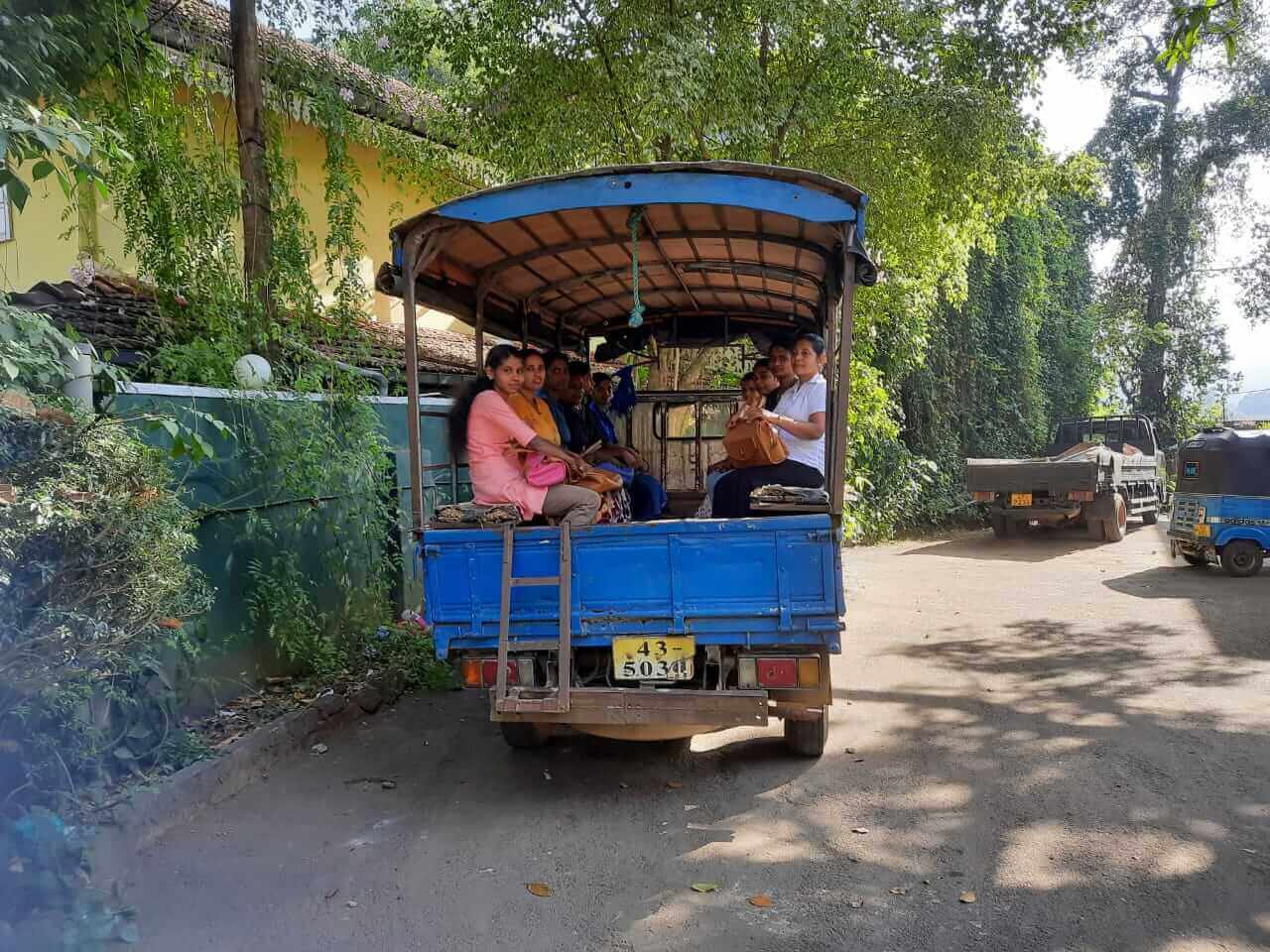
Preserving Sri Lanka’s wealth: empowering women in the dry food sector
Sri Lanka, known for its lush landscapes and agricultural abundance, is redefining fruit and vegetable preservation to meet the demands of the modern world. In this quest, women are emerging as central figures, driving innovation in the dry food sector.
Understanding fruit and vegetable preservation
Fruit and vegetable preservation involve prolonging the shelf life of these perishable commodities through various methods, such as drying, canning, pickling or freezing. This practice is essential to ensure a steady supply of nutritious food, reduce waste and create economic opportunities, making it an essential element of food security and sustainability.
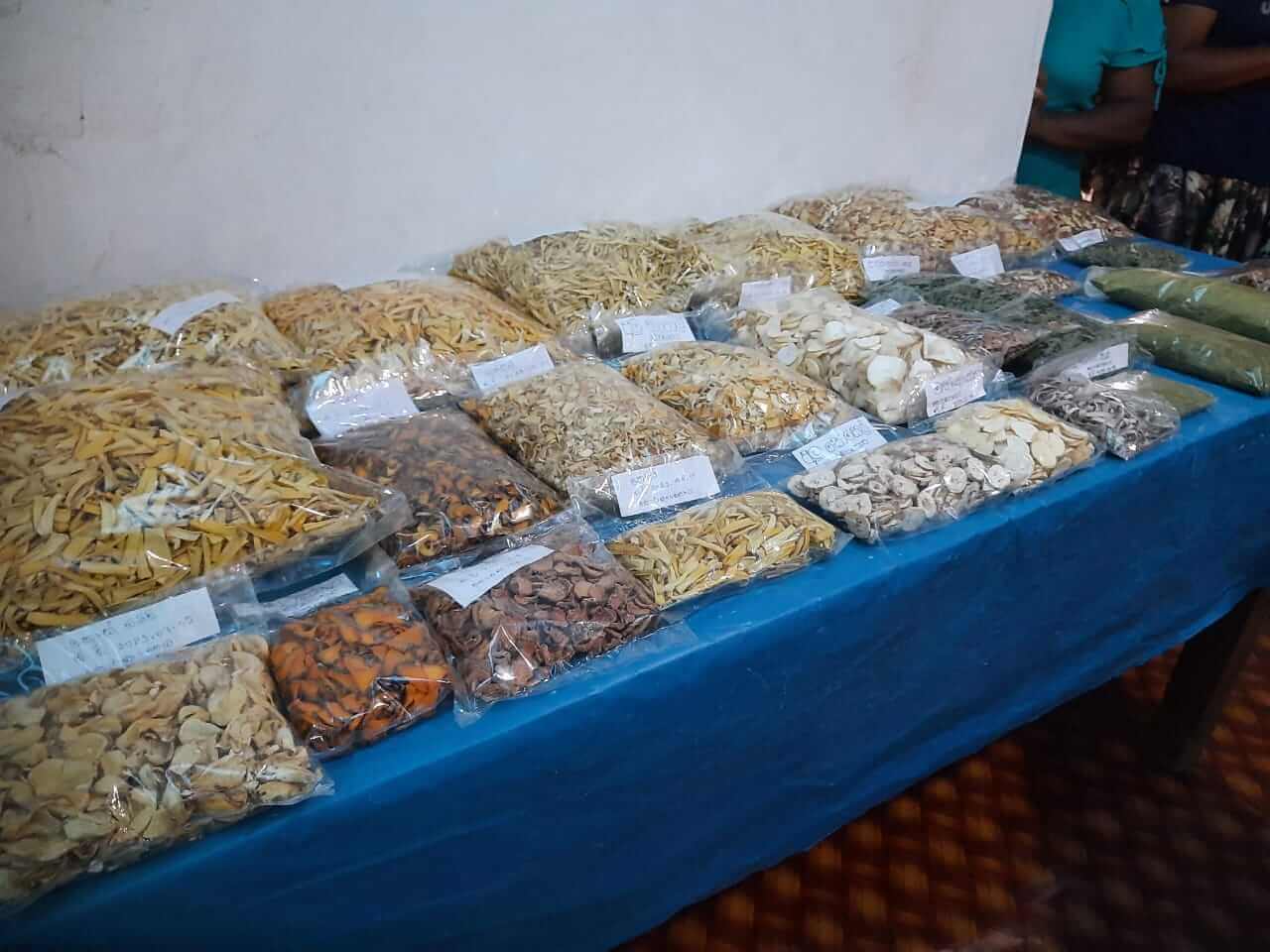
RSL & WDC project “Empowering 350 women in Badulla Districts through dry food business” © WDC
Why it’s important for Sri Lanka
Thanks to its tropical climate and fertile soil, Sri Lanka boasts an abundance of fruit and vegetables all year round. However, this seasonal glut poses problems, including post-harvest losses, limited market access and price volatility. Fruit and vegetable preservation techniques address these problems by enabling farmers to store their produce for long periods, thereby stabilizing prices and ensuring a steady supply for consumers.
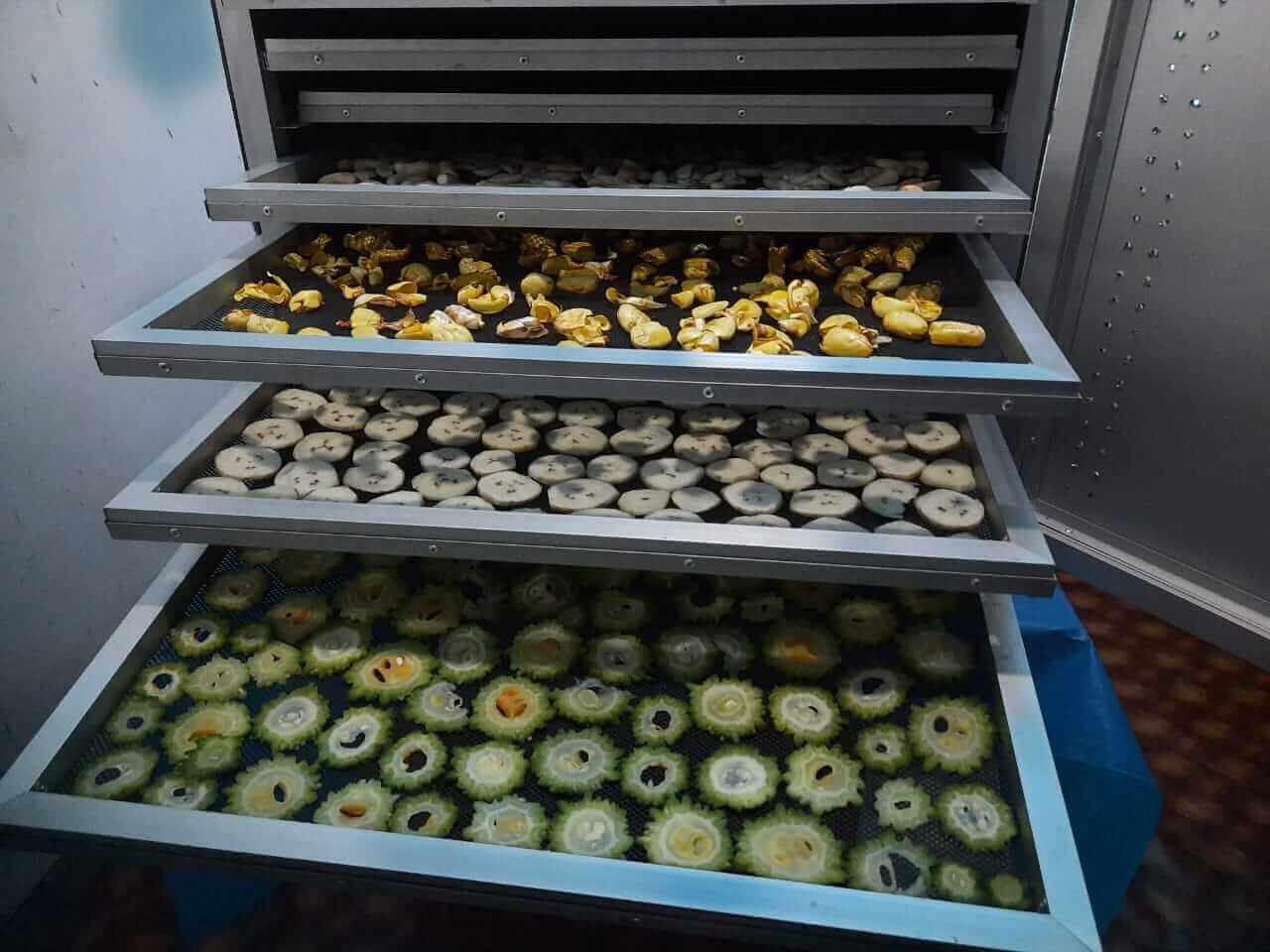
RSL & WDC project “Empowering 350 women in Badulla Districts through dry food business” © WDC
In addition, Sri Lanka’s rich agricultural heritage provides a solid base for the country’s economy, with agriculture employing a significant proportion of the population. Preserving fruit and vegetables not only reduces post-harvest losses, but also generates income, boosts rural employment and contributes to the country’s overall economic growth.
Empowering women in the dry food sector
In recent years, Sri Lankan women have become actively involved in the dry food sector, leveraging their skills and entrepreneurial spirit to make a significant impact. Here are several ways in which women are contributing to and benefiting from this sector:
Innovation: Women are introducing innovative preservation techniques, such as solar drying and eco-packaging, to improve the quality of dried fruit and vegetables. These innovations not only improve product quality, but also make preservation methods more sustainable.
Market access: Women-led cooperatives and start-ups are accessing national and international markets and promoting Sri Lankan dried foods worldwide. Their efforts open up new avenues for trade and export, boosting the country’s economy.
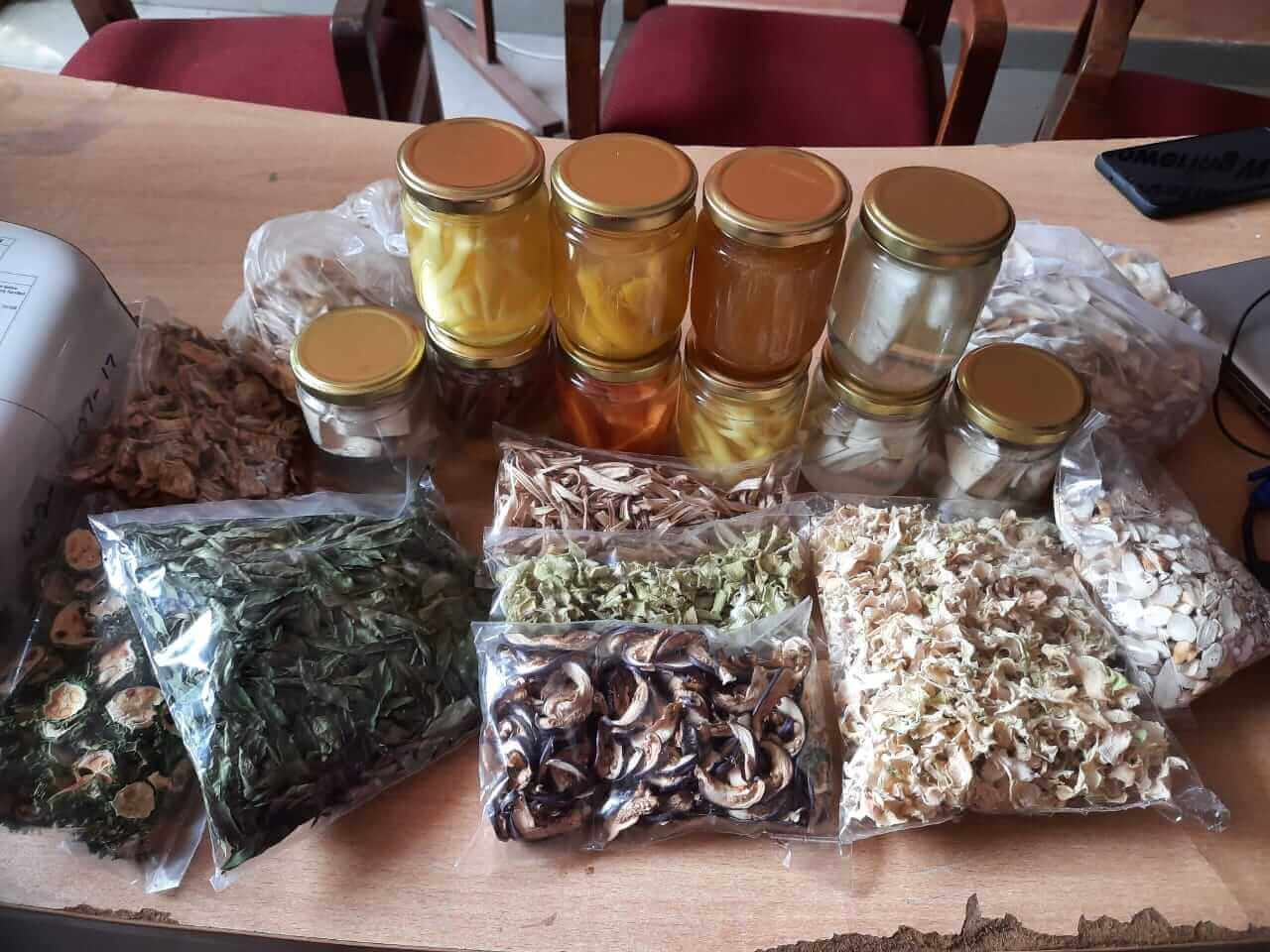
RSL & WDC project “Empower 350 women in Badulla Districts through dry food business” © WDC
Empowerment: Women working in the dried food sector gain economic independence and play a greater role in decision-making processes within their communities. This empowerment not only transforms individual lives, but also contributes to gender equality within the workforce.
Skills development: Training programs and support from non-governmental organizations enable women to acquire the skills and knowledge they need to succeed in the dry food industry. These initiatives are fostering the emergence of a new generation of women entrepreneurs.
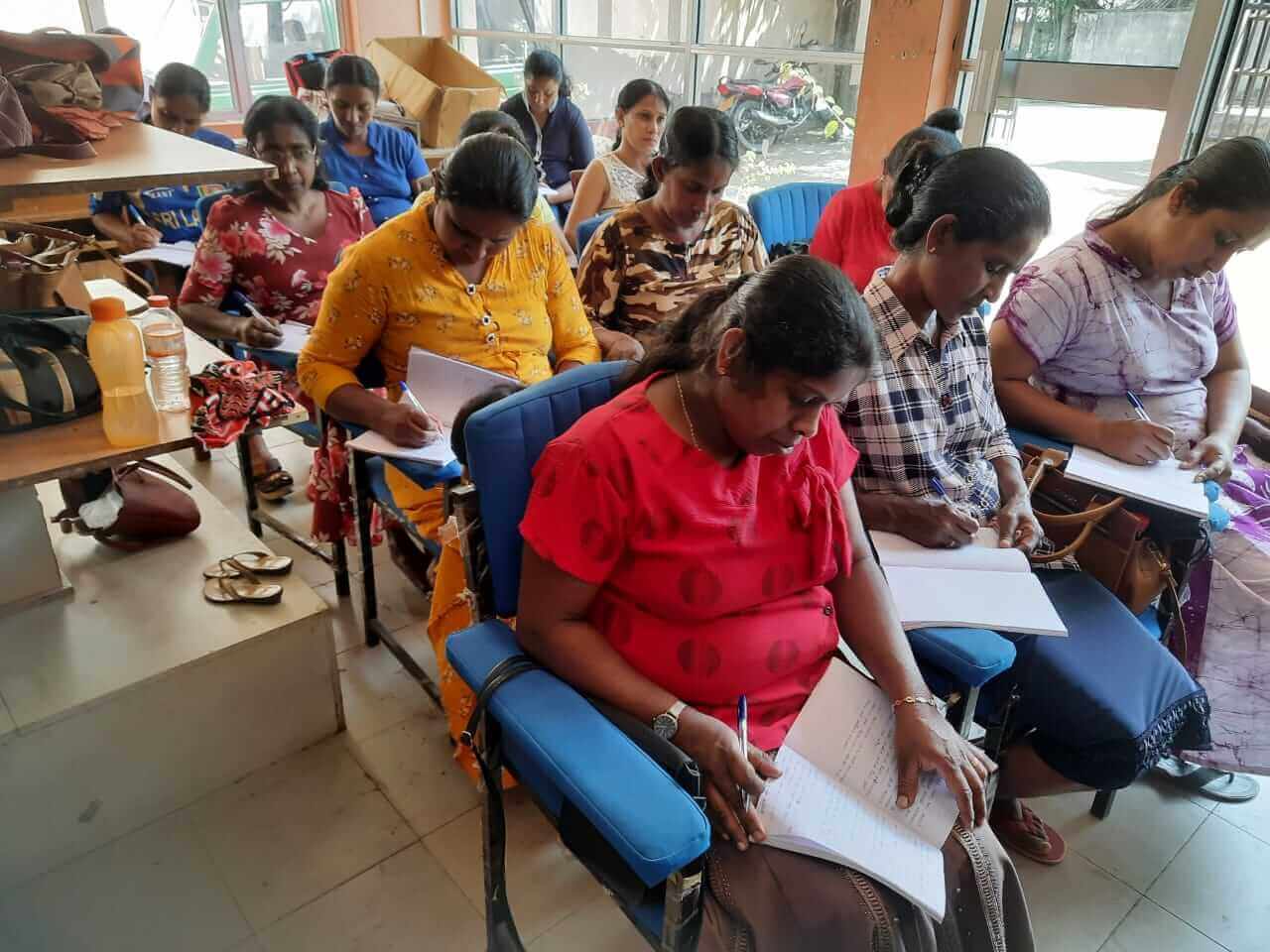
RSL & WDC project “Empowering 350 women in Badulla Districts through dry food business” © WDC
The way forward
In an innovative partnership, Renaissance Sri Lanka has teamed up with the Women’s Development Centre (WDC) in Badulla, Sri Lanka, to launch a transformative project to empower women and boost food security in one of the country’s poorest districts.
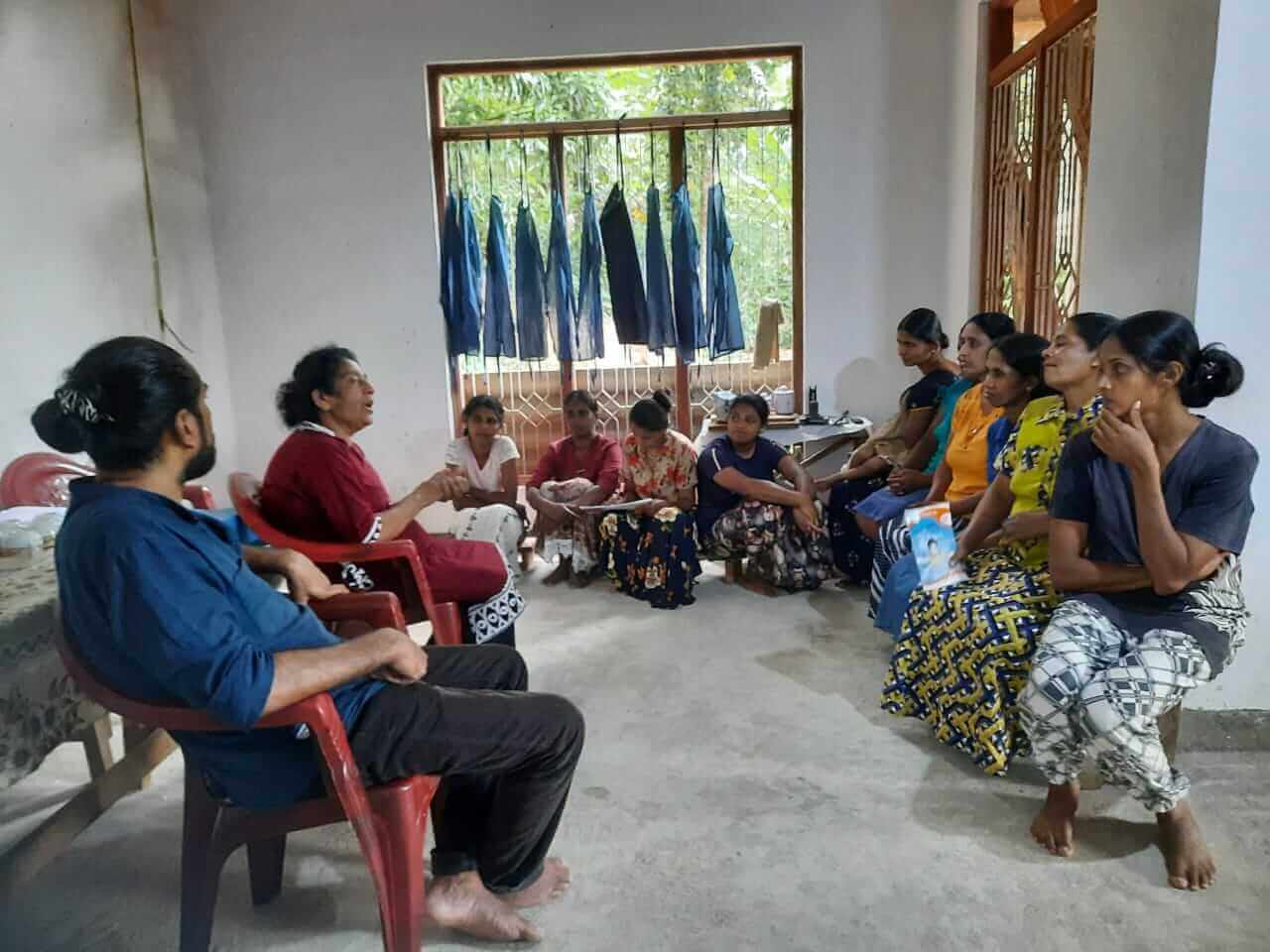
RSL & WDC project “Empowering 350 women in Badulla Districts through dry food business” © WDC
At the heart of this initiative lies the training of women in the creation and management of cooperative dry food enterprises. This promises not only to improve the lives of these women, but also to make a significant contribution to improving food security and sovereignty in Sri Lanka.
The main aim of the project is to increase the incomes of families struggling against poverty in Badulla. This will be achieved through a dual strategy: food preservation and the sale of local agricultural produce in the local market. The emphasis here is on training in the creation of cooperatives, enabling families to generate a regular income throughout the year by marketing their locally grown products.
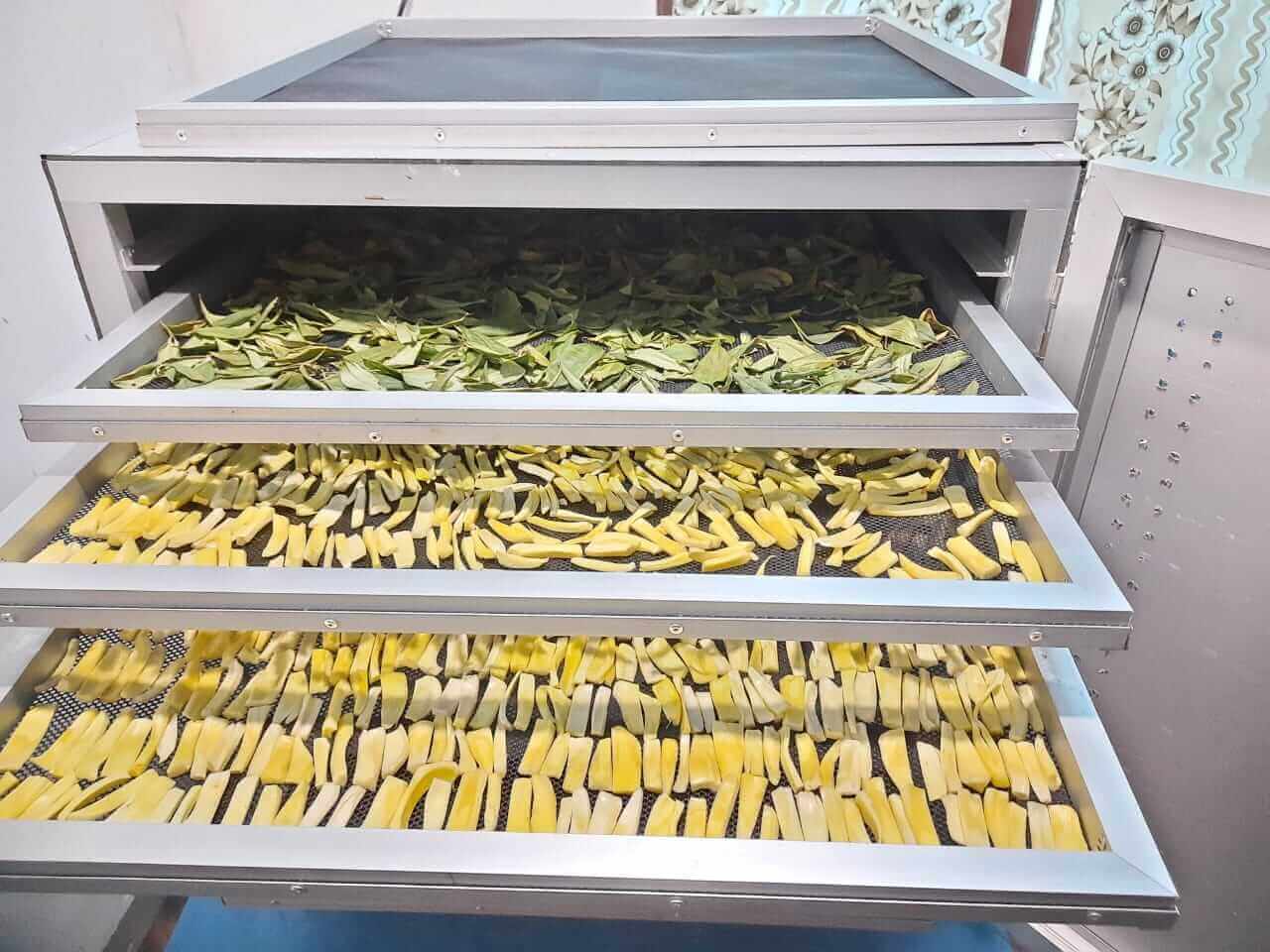
RSL & WDC project “Empowering 350 women in Badulla Districts through dry food business” © WDC
One of the cornerstones of this initiative is the emphasis placed on empowering women in the Badulla district. Women are at the forefront of this project, benefiting from enhanced production and sales capabilities. By strengthening their economic role and income, they gain influence and decision-making power, not only within their households, but also in the wider private sector.
Another crucial aspect of this initiative is the maximization of seasonal produce to combat waste and provide families with a steady income throughout the year. By optimizing the production and preservation of local produce, families can ensure that no resources are wasted, while meeting the growing demand for healthy local food.
This project responds perfectly to Sri Lanka’s urgent need to boost agricultural productivity for the local market. It addresses the vital issue of food security by empowering women, reducing waste and promoting the production of healthy local food.
A brighter future for Badulla
Renaissance Sri Lanka and the Women’s Development Centre are working tirelessly to create a brighter future for the women and families of Badulla district. By providing essential skills, support and opportunities, they are not only changing individual lives, but also contributing to the general well-being and prosperity of the district. This collaboration is not just about economic empowerment; it’s about fostering a more sustainable, equitable and food-secure future for Sri Lanka as a whole.
Reference
World Health Organization (WHO). (2015). Guideline: Sugars Intake for Adults and Children. WHO

